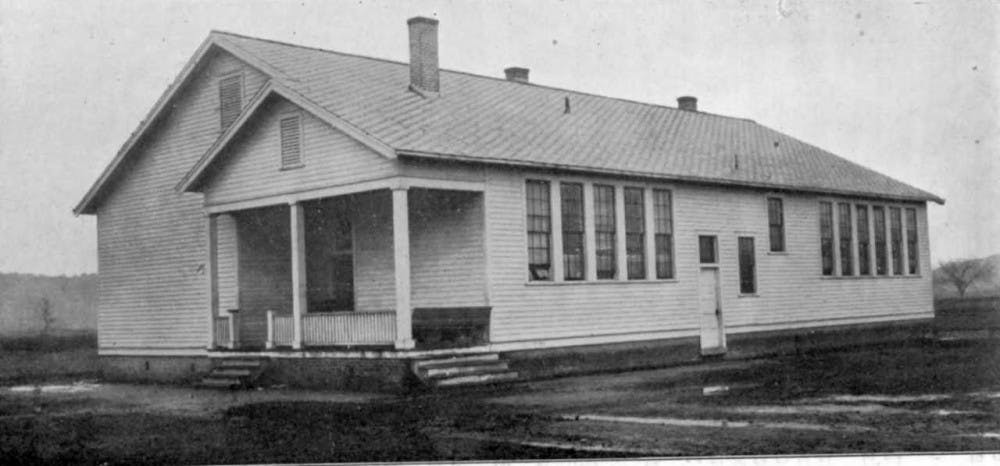Elizabeth City State University announced this week it will convert one of its historical buildings into an African-American Heritage Center.
Starting in the 1920s, one of many Rosenwald Schools was established on the university’s campus. The schools trained students to be teachers and were a vital part of the Black community.
Since the beginning of desegregation, Rosenwald Schools all over the South began to fall into disuse and disrepair, but ECSU continued to use its facility as a chicken coop, a cosmetology school, a daycare center and now as the ROTC building.
Wanda McLean, a former ECSU administrator, first brought up the idea to restore the Rosenwald school in 2016 to ECSU Chancellor Thomas Conway. ECSU recently brought in experts from HistoriCorps, a group specializing in restoring historical sites, to give recommendations, but the school is also involving the entire student body in the process.
Russell Haddad, special assistant to the chancellor at ECSU, said the school wants to supplement the resources it already has.
“If there is anyone out there who had relatives who attended or had artifacts from when it was a thriving Rosenwald school, we’d love to hear from them,” he said. “The oral histories up to the physical artifacts, we’d love to get those inventories.”
ECSU took on the project to preserve American history, particularly history important to the African-American community.
“As an HBCU in the area, we thought it was our role to lead,” Haddad said. “The region has a history that is not being told to a wider audience.”
ECSU hopes restoring the facility and continuing to use it for educational purposes can bring the campus and the community closer together and become an economic driver.




